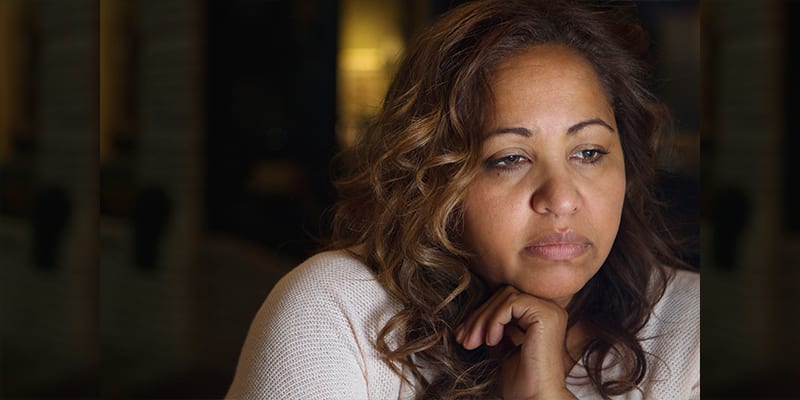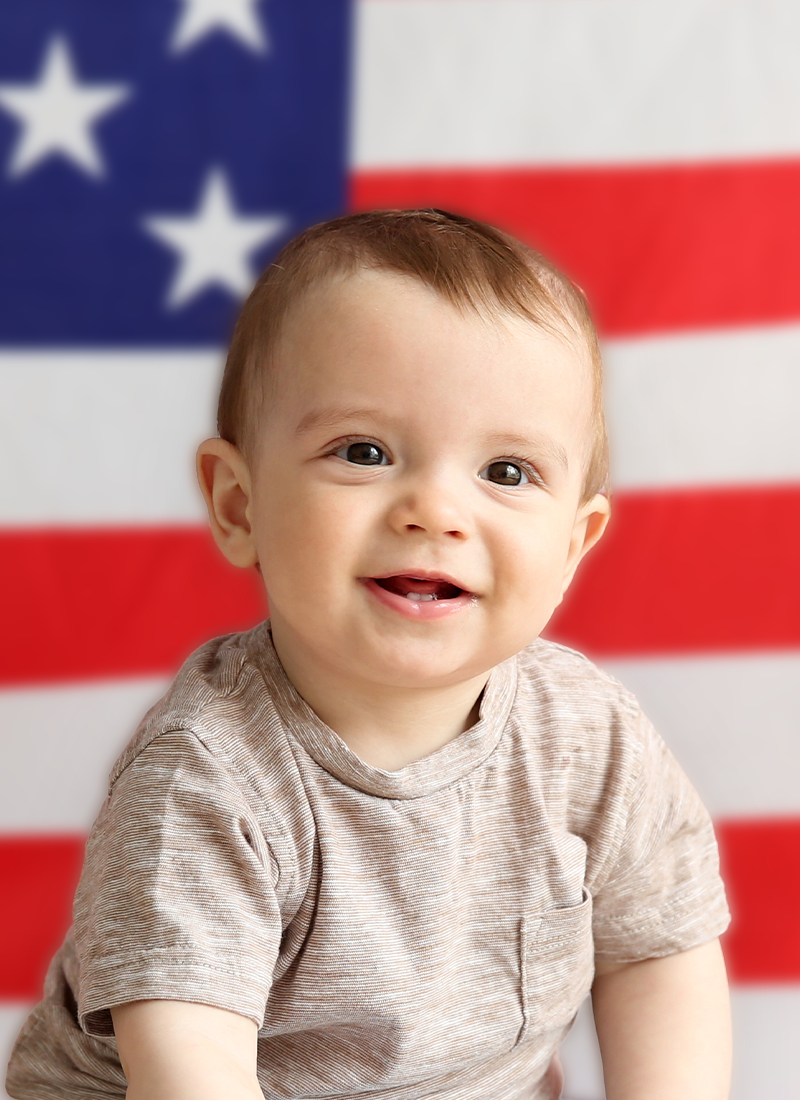For Amanda Star Kingsley, the grief and pain she experienced following abortion did not open her eyes to the violence and destructive nature of abortion for both mother and baby. Instead, her decision to end her preborn child’s life has prompted her to become a life coach for post-abortive mothers.
Kingsley wrote about her abortion last year for Mothering and has now launched her “coaching” business in full. Nine months after aborting her baby, Kingsley, mother to three other children, wrote, “I don’t know who she was, but I miss her. Today I really miss her.” She shared openly about the grief and pain that came following a decision to end her child’s life after she became pregnant unexpectedly. Yet, this searing pain and emotional turmoil do not convince her of the inherent wrongness of killing an innocent and defenseless child. Instead, she claims to be committed to telling post-abortive mothers in pain that their decision was the right one.
For all her claims of confidence, Kingsley admitted on the “Sh*t You Need to Know” podcast that when she decided to undergo an abortion, “It was really sad, it was really confusing, it was really overwhelming.” She explained that after discovering she was expecting her fourth child, “I knew I was a good mom. I knew I could do it. I knew I was in a healthy marriage, like I had a safe place to live, like I had all the things that in some ways would have made it easier to choose to have the baby.” In a culture that has tried to convince women that deciding whether a preborn human being lives or dies is morally neutral, Kingsley arbitrarily decided that she wanted to end her child’s life instead of suffering the minor inconvenience of caring for a newborn and raising another child.
Unsurprisingly, this flippant decision had far-reaching emotional repercussions, despite the fact that Kingsley claims she was certain of her decision to abort her baby. Trying to make sense of her grief and pain, Kingsley told the host of the podcast, “…the weird thing about abortion is there’s all these conflicting feelings like you feel this deep sadness but then you’re like, ‘Why am I sad if I don’t regret my decision and I know I made the right choice and I believe this is like an amazing thing that women have access to? What’s with the sad? What’s with the grief?’”
The simple fact that a mother shares a unique bond with a child, the basic reality of love between a mother and child would explain “the sad” and the grief. This is not complicated. But the relentless messaging of abortion activists that abortion is “an amazing thing that women have access to” has left many mothers stunned by the grief and pain that come with an abortion decision.
Other abortion activists have been asking these same questions, stunned by the reality of a mother’s love for her child, whether born or preborn. Like Kingsley, other abortion supporters have acknowledged their debilitating grief while trying to say they still support abortion. One post-abortive mother wrote, “Here’s a right I’d march for: the right to wail myself to sleep, to yearn for my long gone baby, yet to know that I needed to delay parenthood.”
Disturbingly, Kingsley is now coaching other mothers gripped by the agony of grief and confusion following an abortion they regret. Instead of offering full acknowledgement of the person who has been lost and a means of healing, Kingsley offers a hodge-podge of trendy self-help jargon and the assurance that she is “rock solid” after her abortion. A mere two years after choosing to end her baby’s life, Kingsley claims, “Turns out I was my knight and [sic] shining armor. I was the source of the inner peace I longed for.”
No one can simultaneously grieve a child killed in abortion and say that killing that child was “right.” In her podcast appearance, Kingsley laughs nervously saying she decided to “pull the trigger” and undergo the abortion, an apt reference to ending a human life. Unprompted and apropos of nothing, she refers to her menstrual fluid as a “murder scene” and laughs manically. This seems evidence not of inner peace but insoluble contradiction. The loss of a child has repercussions that last an entire lifetime, and what a mother feels two, five, ten, or even more years later may still not reflect that fact that she has lost a child to the needless and inhumane violence of abortion.
Women need the truth and they need real healing. If you or someone you know is suffering after an abortion, there is hope and there is healing. Contact Rachel’s Vineyard to learn about more resources.


